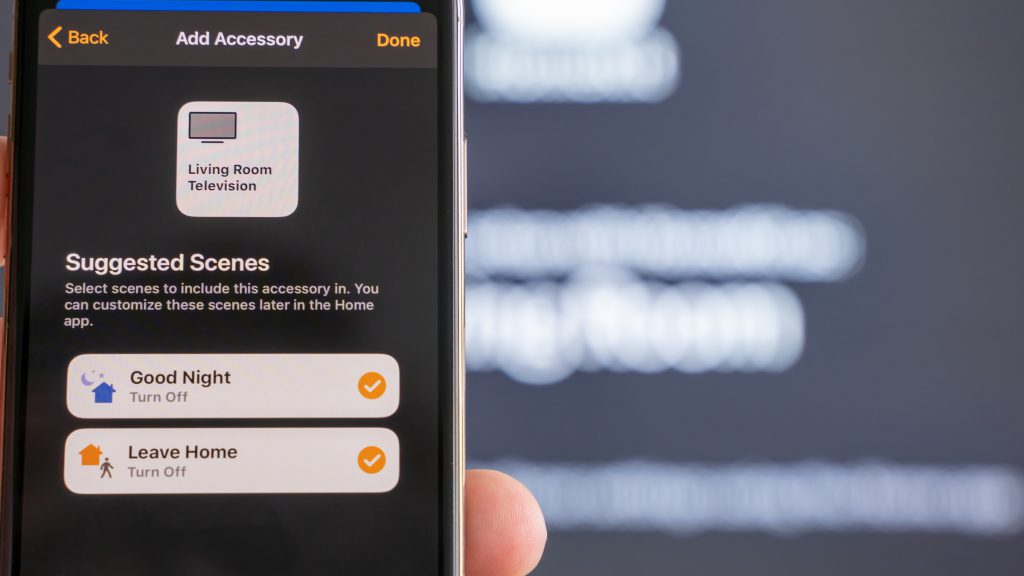Smart home technology, once perceived as an expensive and unnecessary gadget, has gradually found its way into modern homes. Now more affordable than ever, smart home systems offer the added benefit of substantial energy savings. But is it worth investing in this technology? Let’s delve into the details.

Starting small
Before diving headfirst into a complete smart home setup, it’s worth noting that there are various systems that allow you to transition into a "smart home" without requiring a complete overhaul of your electrical installation. For instance, you can start with connected elements like smart bulbs, air conditioning, blinds, and ventilation systems.
Easy installation
Most of these systems are user-friendly and easy to install yourself. So, if you’re tech-savvy and comfortable using your smartphone, you can set up these devices without professional help.
Is the investment worth it?
Whether or not smart home technology is a worthwhile investment depends on your lifestyle and user profile. Once you get the hang of it, these systems offer enhanced comfort and allow you to tailor your electricity consumption to your needs.
Remote control
For example, you can remotely start your heating system before you arrive home, ensuring you walk into a warm house. Similarly, you can remotely control your blinds when the sun is out, preventing your home from becoming too hot.
Not for everyone
However, if you’re not tech-savvy or spend most of your time at home, these systems might be unnecessary for you.
Valuable insights
Most smart home systems come with an app that monitors your electricity consumption. This enables you to keep an eye on your usage and make adjustments as needed.
Smart plugs
Some smart plugs even provide information on the energy consumption of the devices plugged into them, helping you identify the most energy-consuming appliances and consider replacing them.
Maximizing solar panels
If you have a smart meter and solar panels, it’s best to use the energy when it’s being produced. Some smart devices can automatically turn on when sufficient solar energy is available.
Managing consumption peaks
In Flanders, it has become increasingly important to manage your consumption peaks. The key is to spread your energy consumption throughout the day, and smart home technology can certainly assist you in this endeavor.
Unified control
Today, many smart devices can be grouped under a single app, allowing you to monitor your electricity consumption from anywhere in the world. This centralized control makes it easier to manage your home’s energy usage effectively.
Conclusion
Smart home technology offers a range of benefits, from enhanced comfort to energy savings. While the initial investment might seem steep, the long-term savings on your energy bills could make it worthwhile. Moreover, the technology is becoming increasingly user-friendly and accessible, making it a viable option for a broad range of homeowners.
So, if you’re considering making your home smarter, it’s worth weighing the pros and cons to determine if the investment aligns with your lifestyle and long-term financial goals.

 Open Immovlan
Open Immovlan